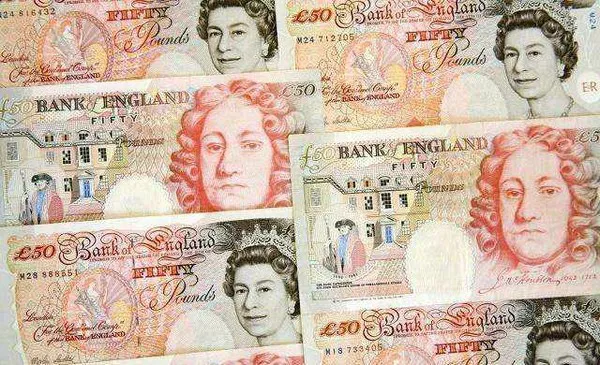The foreign exchange market is a dynamic arena where currencies constantly fluctuate, influenced by an array of economic, political, and social factors. In recent times, one noticeable trend has been the weakness of the British Pound Sterling against the US Dollar. Investors, economists, and the general public are keen to understand the underlying reasons for this phenomenon. In this article, we delve into the intricate web of factors contributing to the weakness of the Pound against the Dollar.
Economic Indicators
One of the primary factors influencing currency strength or weakness is a country’s economic performance. In the case of the Pound Sterling, economic indicators provide insights into the challenges faced by the United Kingdom. A crucial factor is the country’s trade balance. A persistent trade deficit implies that the UK is importing more than it is exporting, leading to a higher demand for foreign currencies, such as the Dollar, and consequently weakening the Pound.
Brexit Uncertainties
Brexit, the United Kingdom’s withdrawal from the European Union, has been a significant driver of economic uncertainty since the referendum in 2016. The prolonged and complex negotiations, coupled with the uncertainty surrounding the future relationship between the UK and the EU, have created an environment where investors are cautious about the stability of the British economy. This uncertainty has led to a decrease in foreign investment and a lack of confidence in the Pound, causing its depreciation against the Dollar.
Interest Rates Divergence
Another pivotal factor affecting currency strength is the divergence in interest rates between two countries. The United States, under the Federal Reserve’s monetary policy, has been gradually increasing interest rates to manage inflation and stimulate economic growth. On the contrary, the Bank of England has been more conservative in adjusting interest rates due to Brexit uncertainties and concerns about the overall economic outlook. The interest rate differential between the US Dollar and the Pound creates an incentive for investors to hold assets in Dollars rather than Pounds, contributing to the Pound’s weakness.
Political Factors
Political stability is a cornerstone of a strong currency. In recent years, the United Kingdom has experienced a series of political events that have added an element of unpredictability to its economic landscape. Changes in leadership, elections, and ongoing debates over Brexit have created an environment where political risk is elevated. Investors are generally averse to uncertainty and tend to seek safe-haven currencies, such as the US Dollar, during times of political instability. This flight to safety further weakens the Pound against the Dollar.
Global Economic Headwinds
Global economic conditions can have a profound impact on the strength of a currency. The Pound, being part of the global economic system, is susceptible to external economic headwinds. Issues such as the US-China trade tensions, geopolitical conflicts, and the COVID-19 pandemic have created an environment where investors seek refuge in stable currencies like the US Dollar. The Pound’s weakness, in this context, is a reflection of broader global economic concerns rather than isolated domestic issues.
Market Sentiment and Speculation
The foreign exchange market is highly influenced by market sentiment and speculative activities. Traders and investors often base their decisions on perceptions of future economic conditions rather than existing realities. Speculative activities, driven by news, rumors, and perceptions, can lead to short-term fluctuations in currency values. The weak Pound against the Dollar may, in part, be a result of speculative activities fueled by negative sentiments surrounding the UK’s economic prospects.
See Also How Do You Invest When The Pound Is Weak?
Government Fiscal and Monetary Policies
The fiscal and monetary policies adopted by a government play a crucial role in determining the strength of its currency. The United Kingdom’s fiscal policies, including government spending and taxation, and monetary policies, such as interest rate decisions, directly impact the overall economic health. The combination of a high fiscal deficit and a cautious approach to interest rate adjustments has contributed to the Pound’s weakness against the Dollar. Investors closely monitor these policies as they signal the government’s commitment to economic stability.
Conclusion
The weakness of the Pound against the Dollar is a multifaceted issue with roots in economic, political, and global factors. The ongoing Brexit uncertainties, interest rate differentials, political instability, global economic headwinds, and market sentiment all contribute to the complex equation shaping currency values. Understanding these factors is crucial for investors, policymakers, and the public to navigate the evolving landscape of the foreign exchange market. As the global economic scenario continues to evolve, staying informed about these dynamics becomes paramount for anyone with an interest in the strength and stability of currencies on the international stage.


